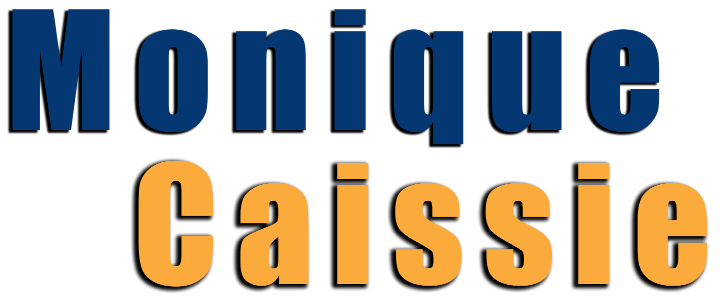 As we patiently wait for the admin assistant to call our number at the clinic, a man at the desk is asking her what’s taking so long for the doctor to see him and that he has to get back to the office. He wants to know how much longer. She abruptly says they don’t give times. He asks how many people are ahead of him. Instead of answering, the girl dismissively points to the sign next to her desk and goes in the back where the files are. The sign reads “Aggressive behaviours will not be tolerated”.
As we patiently wait for the admin assistant to call our number at the clinic, a man at the desk is asking her what’s taking so long for the doctor to see him and that he has to get back to the office. He wants to know how much longer. She abruptly says they don’t give times. He asks how many people are ahead of him. Instead of answering, the girl dismissively points to the sign next to her desk and goes in the back where the files are. The sign reads “Aggressive behaviours will not be tolerated”.
Clearly, she over-reacted to his questions. Her dinosaur brain came on and she went into Fight/Flight instead of using her thinking brain. Frustrated, the man sits back down swearing under his breath.
Understandably, he seems angrier than when he approached the desk. In fact, the mood of the whole waiting room is not pleasant. Honestly, I suspect that anyone who witnessed this will approach the desk prepared to be even more assertive. Situations are exacerbated when we don’t try to de-escalate someone’s anger.
[Tweet “De-escalating a situation is the best antidote to anger. Webinar coming up.”]
This experience reminded me when I was interviewed by Jean Eaton of Information Managers in July 2016. Check out the webinar replay below.
(Here’s the replay)
Here’s a sample of what the girl could have done instead.
- She could have responded with regret and politely given the information that she had no control over the wait.
- She could have admitted that she would feel frustrated in his shoes.
- She could ask him if he needs to reschedule or will he be able to wait until they catch up to him in the queue.
These may not solve his problem. In fact, depending on his personality or circumstances, he could be just as frustrated. This way, she gives him the opportunity to feel respected and heard. As it stood, the tension of the waiting room had increased.
[Tweet “I would be calling that customer service response “career limiting behaviors”.”]
As stressful as an angry client might feel, we must not take their frustration personally. In fact, dealing with angry clients happens in every industry and at every level of the organization. Whether we are the receptionist at the front or the CEO, it is always part of our job to keep our cool and turn on our problem solving skills.
The first rule is that we must do our best to approach them with curiosity. You are now the diagnostician. Let them know you want to help if you can. Becoming defensive or dismissive will only serve to pour gas on the fire so look for solutions and check your ego at that door.
It’s only logical. Have you ever seen a two year old in the middle of a tantrum? The good parent is curious, patient and does not get angry back. After all, they are more mature than a two year old. Effective parents are trying to understand and guide the child’s behaviors to more acceptable ones.
The less effective parent will yell back or they will ignore and not redirect the behavior. Good communicators make the effort.
Learning how to put the brakes on a difficult situation comes down to understanding what each person’s priorities are and know our blind spots around other people.
If your organization looks to self-improvement and a wants to create a culture of respect, it might make sense to have a conversation.
BIO
 Monique works with organizations and people who want to reduce conflict to create a culture of collaboration, engagement and productivity. The most successful leaders are not infallible when faced with someone who “drives them crazy!” Her strategies to empower people to better understand each other and have better outcomes, while having fun, are appreciated by all who meet her. She draws from 30 years of crisis intervention and mental health work, she is a Level II Accredited Trainer for DISC as a Human Behavior Consultant and a Certified NLP Professional Coach. She loves meeting people and getting to know them and their industry. So feel free to reach out.
Monique works with organizations and people who want to reduce conflict to create a culture of collaboration, engagement and productivity. The most successful leaders are not infallible when faced with someone who “drives them crazy!” Her strategies to empower people to better understand each other and have better outcomes, while having fun, are appreciated by all who meet her. She draws from 30 years of crisis intervention and mental health work, she is a Level II Accredited Trainer for DISC as a Human Behavior Consultant and a Certified NLP Professional Coach. She loves meeting people and getting to know them and their industry. So feel free to reach out.


